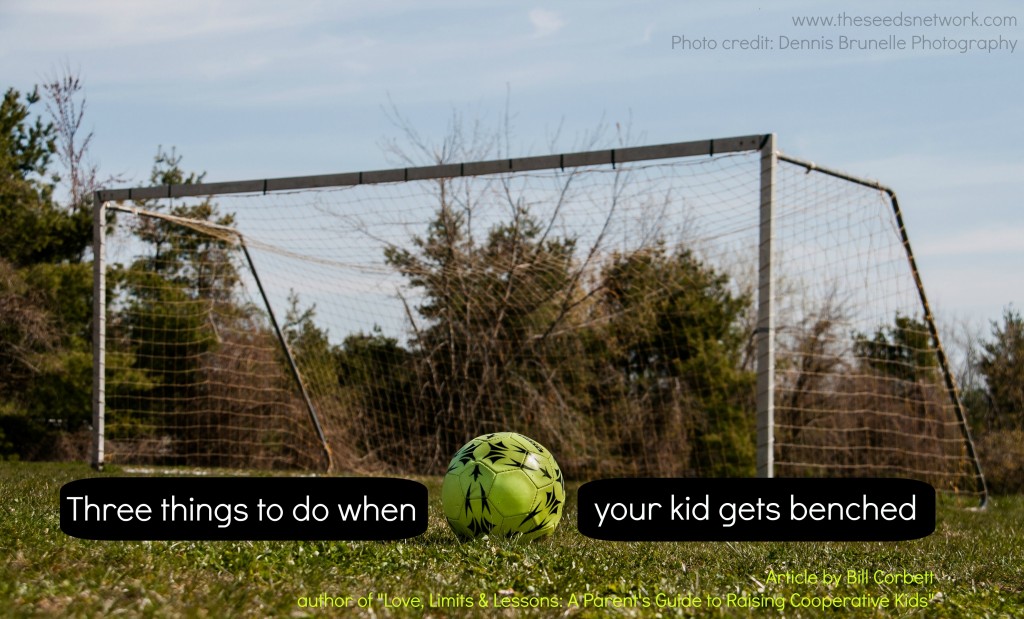I remember the day my son lost first chair on the school marching band. He came home and declared that he hated the trumpet and he never wanted to play it again. When I asked him what happened, he did not want to talk about it. My initial parental impulse was to go down to the school, find out what happened, and defend my son in whatever the incident was.
But, I knew that racing in to potentially rescue my son was not the right thing to do. If I wanted to raise a resilient young man, I had to do two things; trust in the “law of allowing” by giving him room to deal with the situation on his own, and to stand back just far enough to be available to coach him through the issue, if he needed me. He obviously didn’t want to talk about what happened so I had to wait until he was ready to share.
Some parents don’t wait it out. They allow the protective momma or papa bear in them to quickly race down to the school or confront the coach to protect their child. We’ve seen all the cell phone video footage of the dads who end up physically attacking the coach or worse, another child. Yes, we must protect our child from danger and harm, but responsible parents must assess each situation to determine how much they should really get involved.
Getting benched from a team is a very valuable life lesson for a child or teen. It could offer a wake-up call that will keep the ego in check and also remind our children that rules, boundaries and procedures are in place to be followed. I’m sure that some coaches put children on the sidelines unfairly, but I would be willing to bet that most do it responsibly and for good reason. Here are three things to keep in mind if your child is ever benched while a part of a team.
Avoid complaining to the coach
Avoid complaining to the coach to rescue your child, even if the coach wasn’t fair. Life itself isn’t always fair so sheltering your children from real-world situations robs them of the opportunity to learn and grow. Bad mouthing the coach, dance instructor or team manager behind their back also teaches children that back biting is acceptable. If you want your child to become a young person of integrity, the training begins with modeling appropriate behavior for them to witness first hand.
Let your child vent
Don’t argue with your child if she begins to unfairly blame her predicament on others. It may just be an automatic defensiveness to protect her feelings and suppressing them could cause her to move deeper into a false sense of denial. Let her express her feelings about it without judgment and be ready to listen. There will be plenty of time later on to help her understand what really happened. Creating emotional space by encouraging her to talk about it is likely to lead her to draw her own realistic conclusions, when she’s ready.
Stick it out
Finally, make it mandatory that he is to attend every game and practice, regardless of whether he is able to play or not. Being there to support his teammates is paramount to teaching teamwork, and having him in attendance on the sideline may lead to a quicker resolution of the problem. This could also move the coach to bring him back on the playing field or court. Once the wounds heal, then it’s time for deeper parental discussion with your child on what happened and what he or she can do the next time.
Bill Corbett has a degree in clinical psychology and is the author of the award winning book series “Love, Limits, & Lessons: A Parent’s Guide to Raising Cooperative Kids,” in English and in Spanish. He has three grown children, two grandchildren, three step children, and lives with his family in Enfield, CT. You can visit his Web site www.CooperativeKids.com for further information and parenting advice.




Leave a Reply